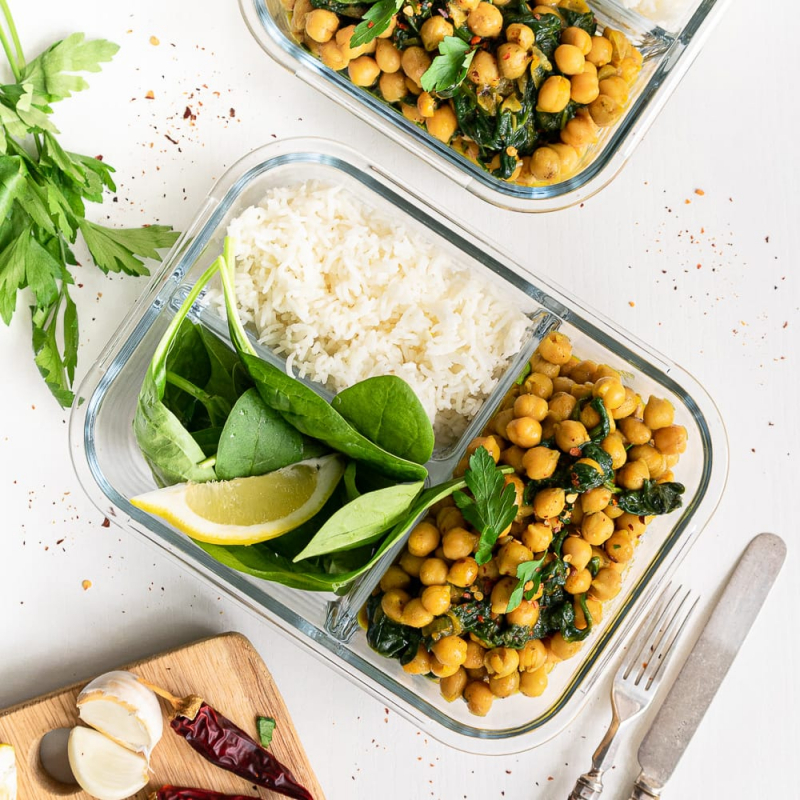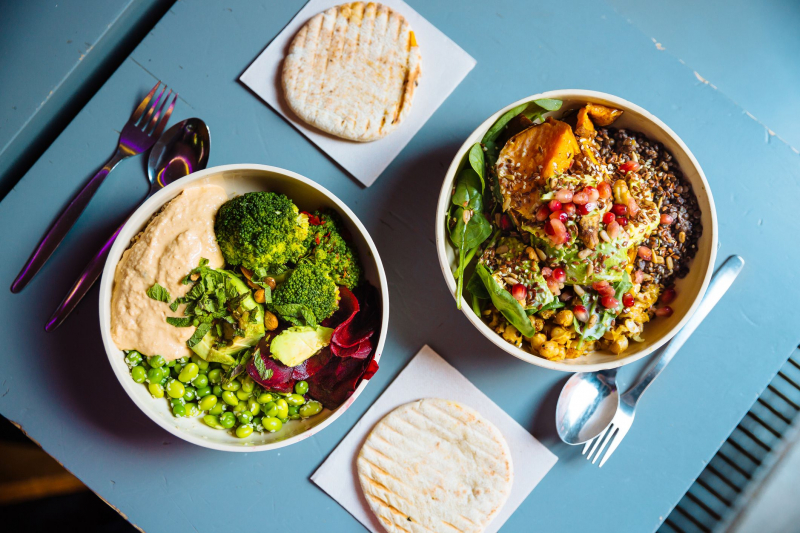Eat smaller portions, and limit salty and fatty foods
Your dietician always recommends you to include fruit, vegetables, starchy foods, dairy and limit your intake of foods and drinks high in fat, salt or sugar. For sure, it's totally true. And as a result, bloating symptoms might be lessened by reducing portion sizes and cutting out on salty and fat foods such as fast food, fried foods, chips, chocolate, and confectioneries.
In two different ways, eating a lot of food can cause bloating. First, consuming large portions may stretch your stomach and cause gases and sediments to collect throughout your gut, resulting in bloating and a feeling of fullness. Second, your body will release more gases if the diet contains nondigestible or poorly digestible carbs because the more of them there are in your colon. An excessive amount of salt consumption has also been linked to bloating and water retention in the gut. Finally, having a lot of fat in your intestine may cause it to retain gas and make you feel more bloated. This could be the reason why many people experience bloating after eating fatty foods.












